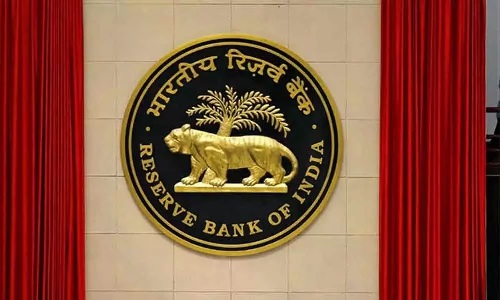Amid the growing concerns over the economic impact of Covid-19, the RBI was expected to agilely tread along the lines of its western peers and announced an emergency rate cut to ease growing economic pressures and infuse liquidity into the system. It is one means of staving off a recession which may arise due to the coronavirus spread. Countries like US, England, Australia, New Zealand, etc. have all gone ahead with such emergency rate cuts in order to fend off the potential brunt of an exacerbated liquidity crisis.
The expected emergency rate cut did not materialize. The question of whether it would have helped the Indian real estate sector in the current scenario does, in any case, not have any easy answer. While sectors like hospitality and retail are staring at negligible business activity in many cities, but the reason is not lack of liquidity. A rate cut sends out positive signals, but hospitality requires people to be able – and feel safe – to travel, and retail requires open outlets which people are willing to visit. Ecommerce will in any case benefit over the short-term and brick-and-mortar retail would not have benefited until malls open again – and people feels safe enough to visit them.
A rate cut would also have done little to boost housing uptake, as the recent advisory for social distancing has impacted site visits and thus overall housing sales. Also, most developers will choose defer new launches and will wait to see how the situation unfolds over the next month or two. A rate cut could have addressed overall liquidity concerns to some extent, but many developers will keep new launches on hold. Construction activity may also take a hit if the situation becomes worse.
Rate cut or no rate cut, the upcoming festivals of Gudi Padwa, Ugadi and Akshaya Tritiya will see a low momentum of new launches. All in all, the RBI’s conservative stance to act in tandem with the evolving situation, rather than engage in knee-jerk fiscal policy reactions, is measured and prudent.

